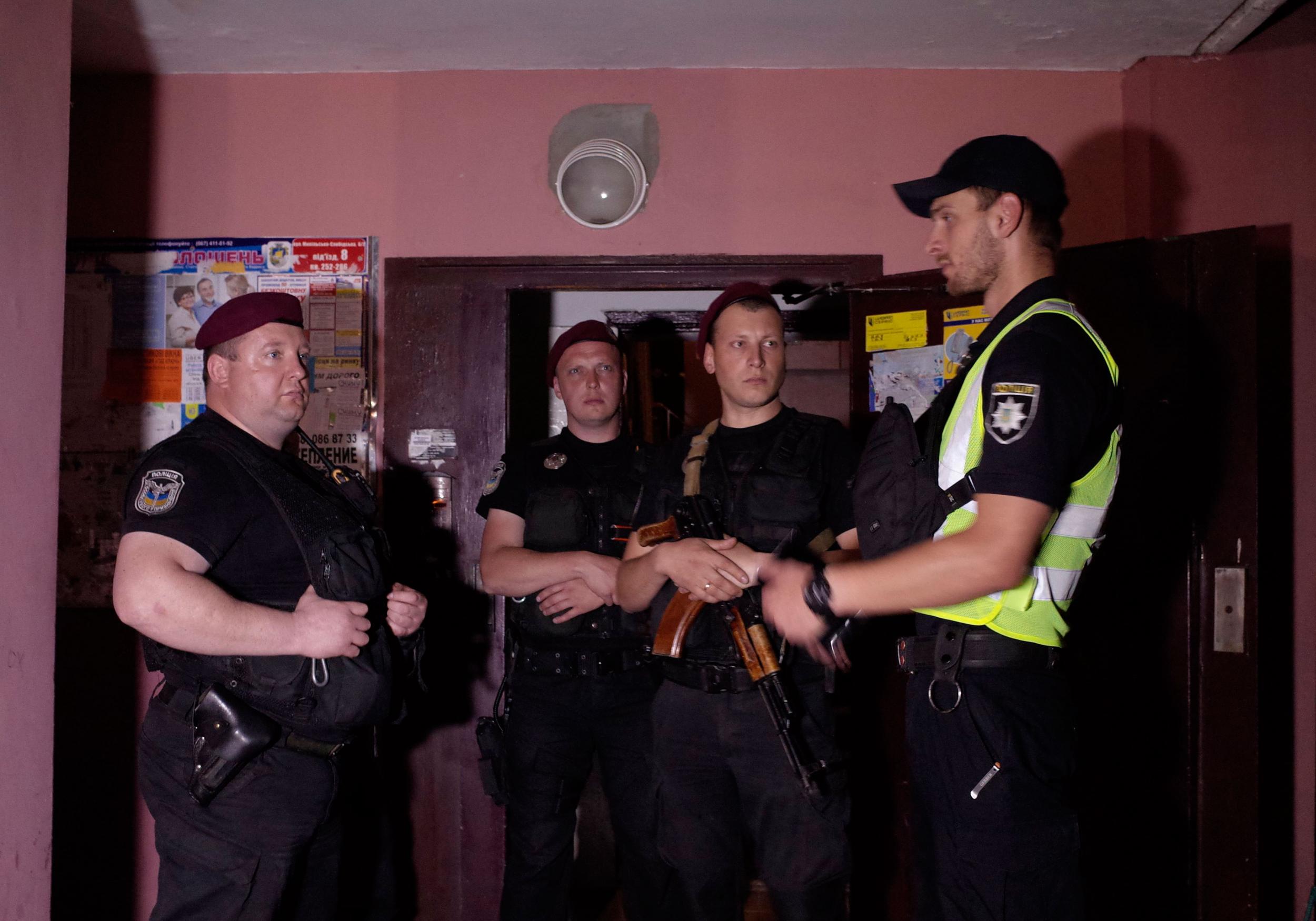Russian journalist and Kremlin critic Arkady Babchenko killed in Kiev
'It would be a good idea for me to live outside our god-protected Motherland for a while,' he wrote on Facebook
Your support helps us to tell the story
From reproductive rights to climate change to Big Tech, The Independent is on the ground when the story is developing. Whether it's investigating the financials of Elon Musk's pro-Trump PAC or producing our latest documentary, 'The A Word', which shines a light on the American women fighting for reproductive rights, we know how important it is to parse out the facts from the messaging.
At such a critical moment in US history, we need reporters on the ground. Your donation allows us to keep sending journalists to speak to both sides of the story.
The Independent is trusted by Americans across the entire political spectrum. And unlike many other quality news outlets, we choose not to lock Americans out of our reporting and analysis with paywalls. We believe quality journalism should be available to everyone, paid for by those who can afford it.
Your support makes all the difference.Arkady Babchenko, a Russian journalist critical of the Kremlin, has been killed in Kiev.
Mr Babchenko was shot at his home on Tuesday evening and died in an ambulance on the way to hospital. According to Anton Geraschenko, a Ukrainian politician with close links to the police and security services, the journalist had left his apartment to buy provisions, and was attacked on his return.
"When Arkady opened the door of his flat, the killer cowardly shot him in the back, firing several shots," the politician wrote on Facebook.
A lawyer by education, Mr Babchenko was a two-time veteran of the Chechen conflict, travelling first as a conscript, and later as a contract soldier.
It was in Chechnya that he discovered a career with words, publishing a book on his experiences to critical acclaim. The journalism that followed — whether it be from Russia or, later, Ukraine — was typically authoritative, powerful and eloquent. He would often report from the extreme frontlines, tolerated to an unusual extent by soldiers who recognised his military experience.
Danger was rarely far away from his workplace. Just a few hours before his death, Mr Babchenko wrote on Twitter about his fortune to have been refused travel on a Ukrainian military helicopter in 2014. "Four years ago General Kulchitsky wouldn't take me on his helicopter because there wasn't the space. It was shot down two hours after this photograph. 14 people died, but I got lucky. It's a second birthday for me."
Mr Babchenko fled Russia for the Czech Republic in February 2017, before eventually settling in Ukraine.
“There is an informed opinion that it would be a good idea for me to live outside our god-protected Motherland for a while,” he wrote at the time of his emigration.

While some friends wondered whether Mr Babchenko had overreacted, it was clear that his critical reporting of the wars in Ukraine and Syria had made him a target. Russian state TV was particularly forthright in criticising a blog post written by the journalist about the crash of a military aircraft bound for Syria. Mr Babchenko had expressed “indifference” for the deaths of “military representatives” and reminded readers of Russian excesses in Aleppo.
The journalist was a prominent hate figure for Moscow, and this will no doubt form the basis of any investigation.
Ukrainian Prime Minister Volodymyr Groysman said in a social media posting late on Tuesday he was convinced that what he called "the Russian totalitarian machine" had not forgiven Babchenko for what Groysman called his "honesty."
Equally, however, Mr Babchenko's murder continues a line of high-profile assassinations in Kiev, not all of which seem to be Russia-related. The country remains highly militarised, with straightforward access to weapons, and the influence of far-right groups connected to government is an ongoing concern.
A report into the 2016 murder of Pavlo Sheremet by the Committee to Protect Journalists criticised the Ukrainian authorities handling of the investigation, suggesting they had prioritised Russian explanations over possible domestic motives.
On Tuesday, Moscow denied accusations it had anything to do with the journalist’s murder. Russian Foreign Minister Sergei Lavrov called the Ukrainian allegation part of an anti-Russian campaign, the TASS news agency reported. In a statement, the Russian foreign ministry also said journalists were being killed with impunity in Ukraine.
“Bloody crimes and total impunity have become routine for the Kiev regime. We demand that the Ukrainian authorities make every effort to promptly investigate,” it said on Facebook.
According to head of Kiev police Andrei Krischenko, authorities are working on two motives: Mr Babchenko's work and his civic position.The Investigative Committee of Russia also said it had opened a criminal case into Babchenko’s death.
Dmitry Muratov, founder of the Novaya Gazeta paper to which Mr Babchenko contributed, said his publication would conduct its own investigation into the murder.
"100 per cent this is connected to his journalism," he said. "I can't tell you who did it, but I can tell you we're going to try to find out."

Join our commenting forum
Join thought-provoking conversations, follow other Independent readers and see their replies
Comments